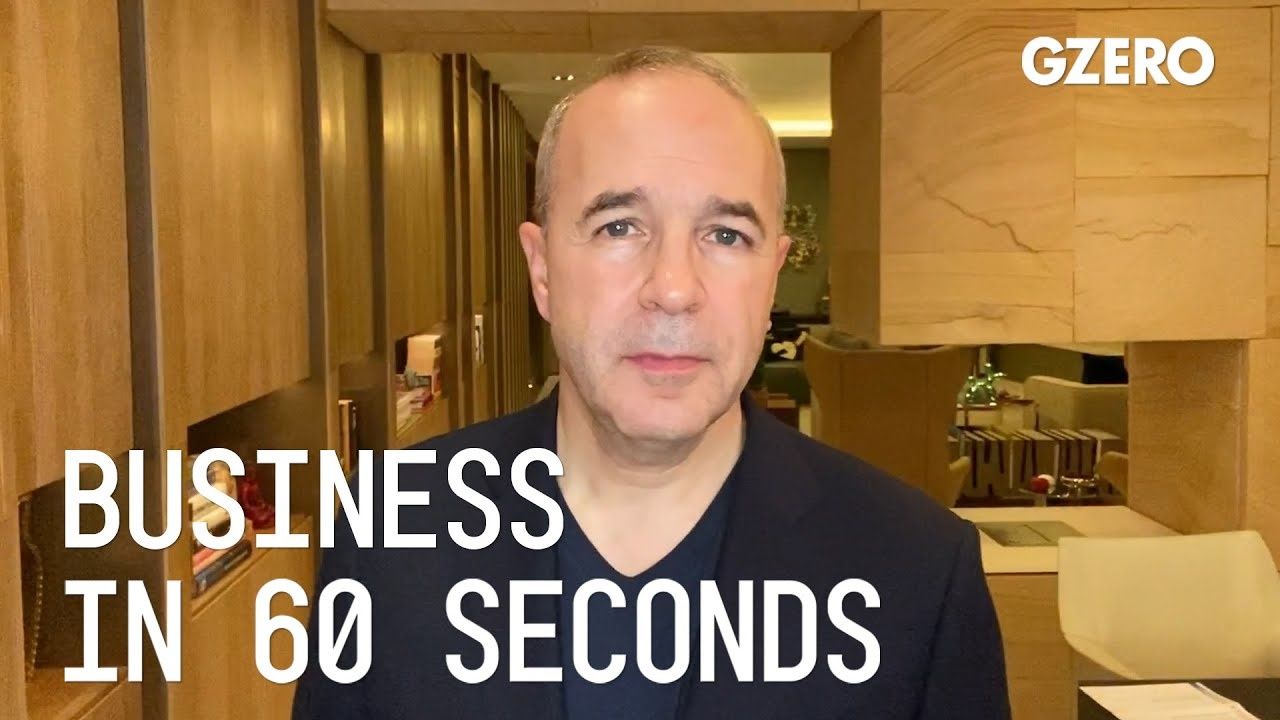
Kevin Sneader, global managing partner for McKinsey & Company, explains why businesses should continue to invest in the environment.
How should businesses think about the environment in a post-pandemic world?
For many, the environment was the issue at the turn of the year. Indeed, CEOs rushed back from Davos to proclaim that now there was really going to be action on the environment. But as stimulus packages have come and gone, as unemployment has soared to high levels, and as a depression has set in, the question must be asked, does the environment merit its place as a top priority?
I think the answer is yes. It may be different from the contagion risk that we've seen, but it is an accumulation risk. It's getting worse over time and ultimately it could kill. That's why many businesses have decided and continue to invest behind their environmental initiatives. That's why many governments have linked stimulus packages to investment in green efforts. It's why some call for a Green New Deal. It's why we do see that investors continue to underscore the E in ESG.
Business leaders will continue to find ways to invest in the environment, even if in the immediate term, their number one priority, of course, is to keep their businesses afloat and get their employees back to productive work.